Potential Israel-Hamas Cease-Fire Faces Delay
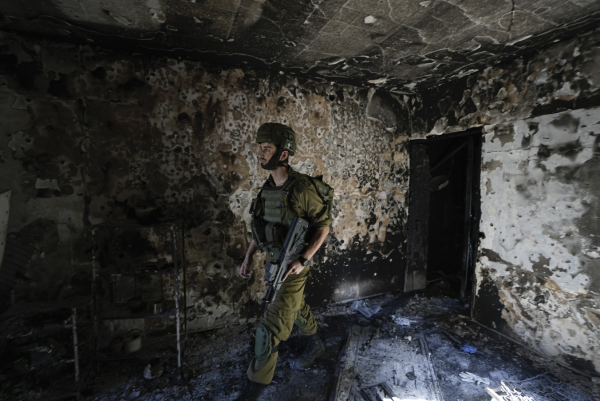
Israel and Hamas reached a consensus to temporarily halt hostilities for four days in a diplomatic deal on Nov. 22. The agreement is part of a larger effort aimed at securing the release of 50 Israeli hostages held by the terror group in exchange for the freedom of 150 Palestinian prisoners currently held in Israeli jails. However, the execution of the agreement faced a delay until Nov. 24, attributed to Hamas’ failure to furnish all required information about the hostages slated for release. This development comes after Israeli ground forces reportedly pushed further into the Gaza Strip on Nov. 14, where Palestinian militants engaged in street battles and utilized their complex underground network of tunnels. The Hamas-run Health Ministry in Gaza reported that the Palestinian death toll has exceeded 10,000 since Hamas militants attacked Israel on Oct. 7, including more than 4,100 children. King Abdullah II of Jordan reported on Nov. 6 that a Jordanian military cargo plane conducted an air delivery of medical supplies to a field hospital in northern Gaza, marking the first instance of such an air delivery during the conflict. This airborne delivery system could potentially introduce an alternative method for providing aid, alongside Egypt’s Rafah crossing.
96 left dead following intense Somalia flooding
At least 96 people are dead and several thousands remain trapped or displaced following the flooding and heavy rains in Kenya and Somalia, as of Nov. 23. The United Nations’ humanitarian agency estimates that over 700,000 people have been displaced, while around 2,400 individuals may be trapped in inundated areas along the Juba River in Jubaland. These flash floods were intensified by the arrival of El Nino, a cyclic warm ocean current that causes record heat temperatures and flooding in East Africa. So far, this current has resulted in a growing number of casualties, and the Somalian government declared a state of emergency in the first week of November. The floods are exacerbating the ongoing humanitarian crisis in Somalia, which will see millions of East Africans facing food insecurity this year, according to the NASA Earth Observatory. This increased rainfall follows four successive years of drought in the East African region.
New Delhi Retakes Top Spot as the City with the Most Pollution
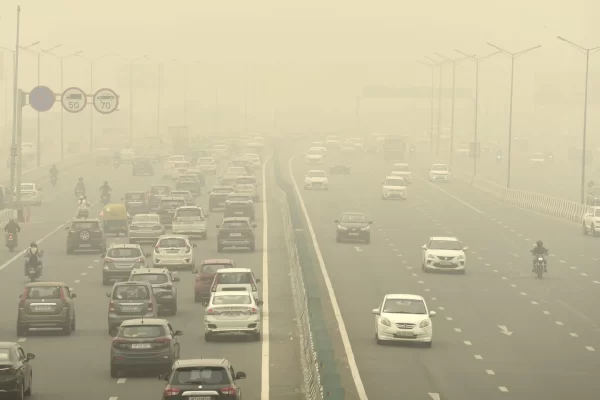
New Delhi’s air quality surged to almost 300 micrograms per cubic meter, twelve times the safe limit of 25 set by the World Health Organization (WHO) on Nov. 18. This past week New Delhi retook first place from Lahore, Pakistan in IQair’s list of Cities with high air pollution (AQI) and in November had multiple days in which the air quality was 15 times the recommended air quality. The New Delhi government enforced an indefinite temporary shutdown of schools and doctors reported an increase in respiratory illnesses and serious diabetic problems due to heightened blood pressure. Air pollution in New Delhi has steadily increased within the past year due to vehicle fumes, crop burning and electricity generation emissions. The New Delhi government attempted to reduce pollution through lockdowns of city schools and weekend lockdowns. While the government implemented a $240 fee for anybody driving smog-producing vehicles, the government lacks the authority to limit traffic and cut down on the exhaust emitted by cars.
PiS receives first opportunity to form government, opposition party forced to wait
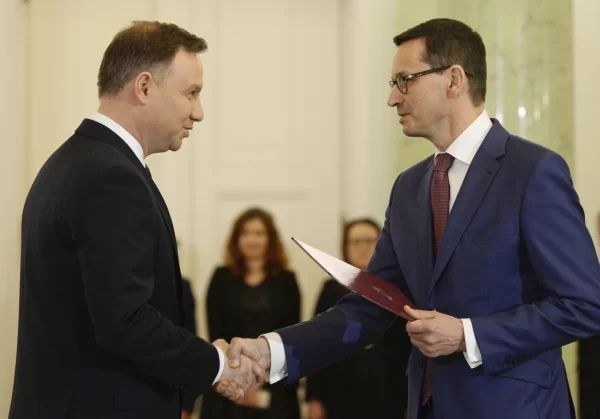
Poland’s president Andrzej Duda tasked outgoing prime minister Mateusz Morawiecki with forming a new government on Nov. 6, despite the ruling Law and Justice (PiS) party losing its parliamentary majority in a recent national election. Duda’s decision is likely to stall the formation of a new government because lawmakers may not approve Morawiecki’s proposal. Opposing politicians criticized Duda for his dilatory strategy. Duda, who aligns with PiS, asserts that the PiS party deserves the first chance to form a government, considering that the largest party in the country traditionally receives that opportunity. Former Prime Minister and European Council President Donald Tusk, who returned to Polish politics in 2020, established an opposing force against PiS. Tusk currently leads the Civic Coalition, which includes his coalition, Third Way and two others. In total, the three groups won 54% of the vote, surpassing PiS. If Morawiecki fails to form a new government in coming weeks, Poland will postpone the formation of a new government until mid-December, and Parliament will be forced to nominate a new prime minister. This newly elected prime minister is anticipated to be Tusk, who would be leading the Civic Coalition, the winning group of opposition forces. Despite Tusk’s differing opinions from PiS, Duda said he would respect and endorse the Parliament’s decision if Tusk is nominated.
Rebelling forces take over district capital in Myanmar
Rebelling forces took over a district capital in Myanmar on Nov. 6, following nearly 3 years of brutal conflict with Myanmar’s military-run government. After the elected government succumbed to the army in February 2021, allowing the army to become the new governing power, Kawlin, which is in the Sagaing region of Myanmar, became the first administrative capital that the rebel forces overtook. The People’s Defence Force, along with other local groups, coordinated attacks against the new military government, which resulted in the capture of government buildings in Kawlin like the police station and high school. The violent clashes led to casualties on both sides and forced 30,000 people to evacuate to avoid air strikes and further violence. At least three resistance group members, 20 military members and 70 civilians died. As of Nov. 6, people outside of Kawlin have lost contact with their family members due to disconnected mobile service. As of Nov. 23, the violence continues following a drone attack from the rebelling forces that caused nearly 130 cargo trucks to catch on fire.


















![“[Building nerf blasters] became this outlet of creativity for me that hasn't been matched by anything else. The process [of] making a build complete to your desire is such a painstakingly difficult process, but I've had to learn from [the skills needed from] soldering to proper painting. There's so many different options for everything, if you think about it, it exists. The best part is [that] if it doesn't exist, you can build it yourself," Ishaan Parate said.](https://harkeraquila.com/wp-content/uploads/2022/08/DSC_8149-900x604.jpg)




![“When I came into high school, I was ready to be a follower. But DECA was a game changer for me. It helped me overcome my fear of public speaking, and it's played such a major role in who I've become today. To be able to successfully lead a chapter of 150 students, an officer team and be one of the upperclassmen I once really admired is something I'm [really] proud of,” Anvitha Tummala ('21) said.](https://harkeraquila.com/wp-content/uploads/2021/07/Screen-Shot-2021-07-25-at-9.50.05-AM-900x594.png)







![“I think getting up in the morning and having a sense of purpose [is exciting]. I think without a certain amount of drive, life is kind of obsolete and mundane, and I think having that every single day is what makes each day unique and kind of makes life exciting,” Neymika Jain (12) said.](https://harkeraquila.com/wp-content/uploads/2017/06/Screen-Shot-2017-06-03-at-4.54.16-PM.png)








![“My slogan is ‘slow feet, don’t eat, and I’m hungry.’ You need to run fast to get where you are–you aren't going to get those championships if you aren't fast,” Angel Cervantes (12) said. “I want to do well in school on my tests and in track and win championships for my team. I live by that, [and] I can do that anywhere: in the classroom or on the field.”](https://harkeraquila.com/wp-content/uploads/2018/06/DSC5146-900x601.jpg)
![“[Volleyball has] taught me how to fall correctly, and another thing it taught is that you don’t have to be the best at something to be good at it. If you just hit the ball in a smart way, then it still scores points and you’re good at it. You could be a background player and still make a much bigger impact on the team than you would think,” Anya Gert (’20) said.](https://harkeraquila.com/wp-content/uploads/2020/06/AnnaGert_JinTuan_HoHPhotoEdited-600x900.jpeg)

![“I'm not nearly there yet, but [my confidence has] definitely been getting better since I was pretty shy and timid coming into Harker my freshman year. I know that there's a lot of people that are really confident in what they do, and I really admire them. Everyone's so driven and that has really pushed me to kind of try to find my own place in high school and be more confident,” Alyssa Huang (’20) said.](https://harkeraquila.com/wp-content/uploads/2020/06/AlyssaHuang_EmilyChen_HoHPhoto-900x749.jpeg)



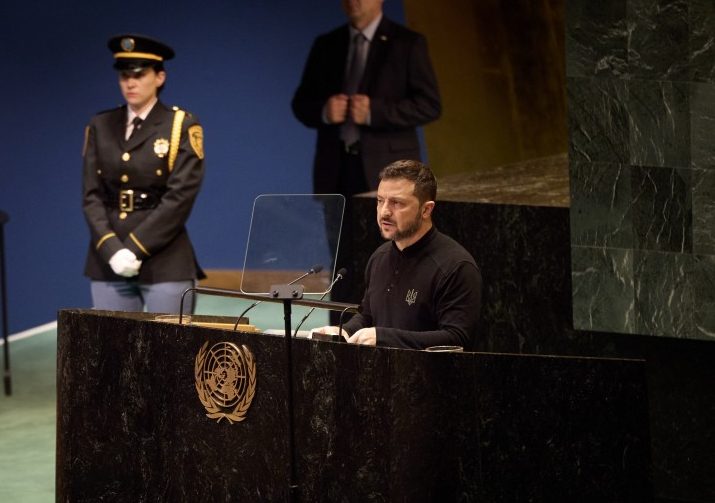
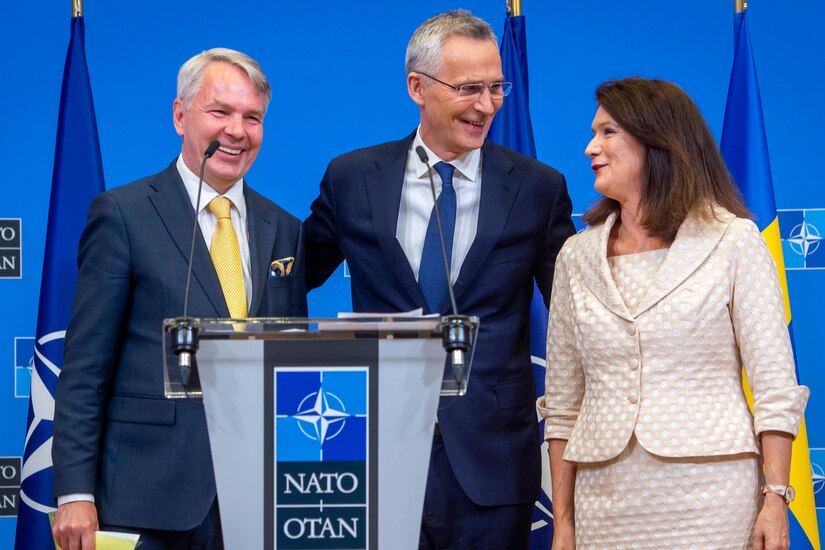
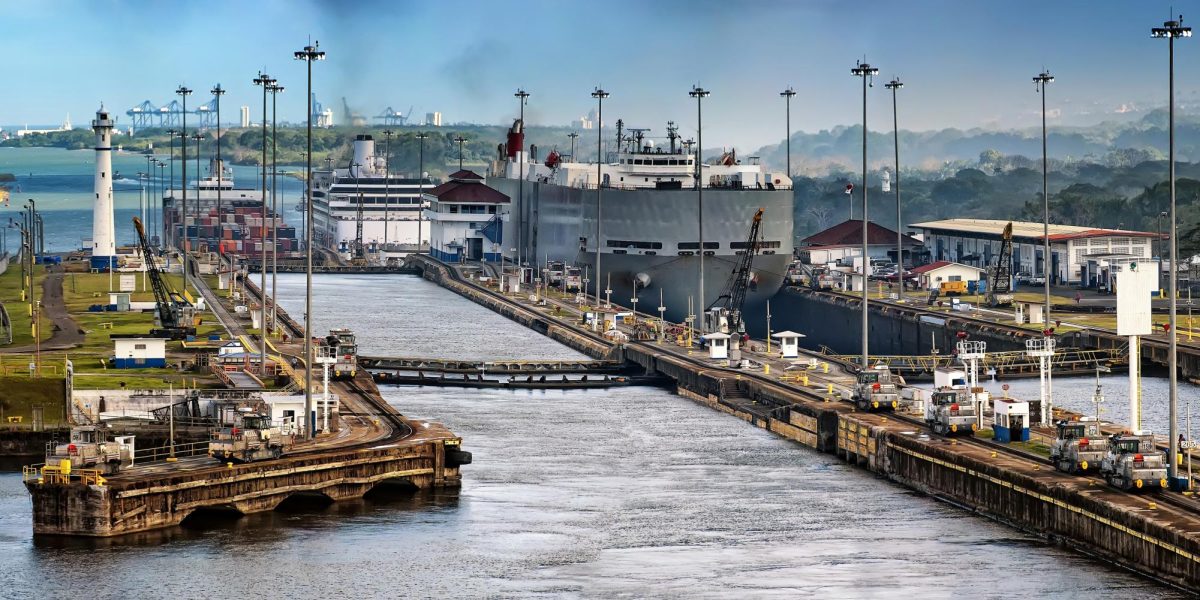

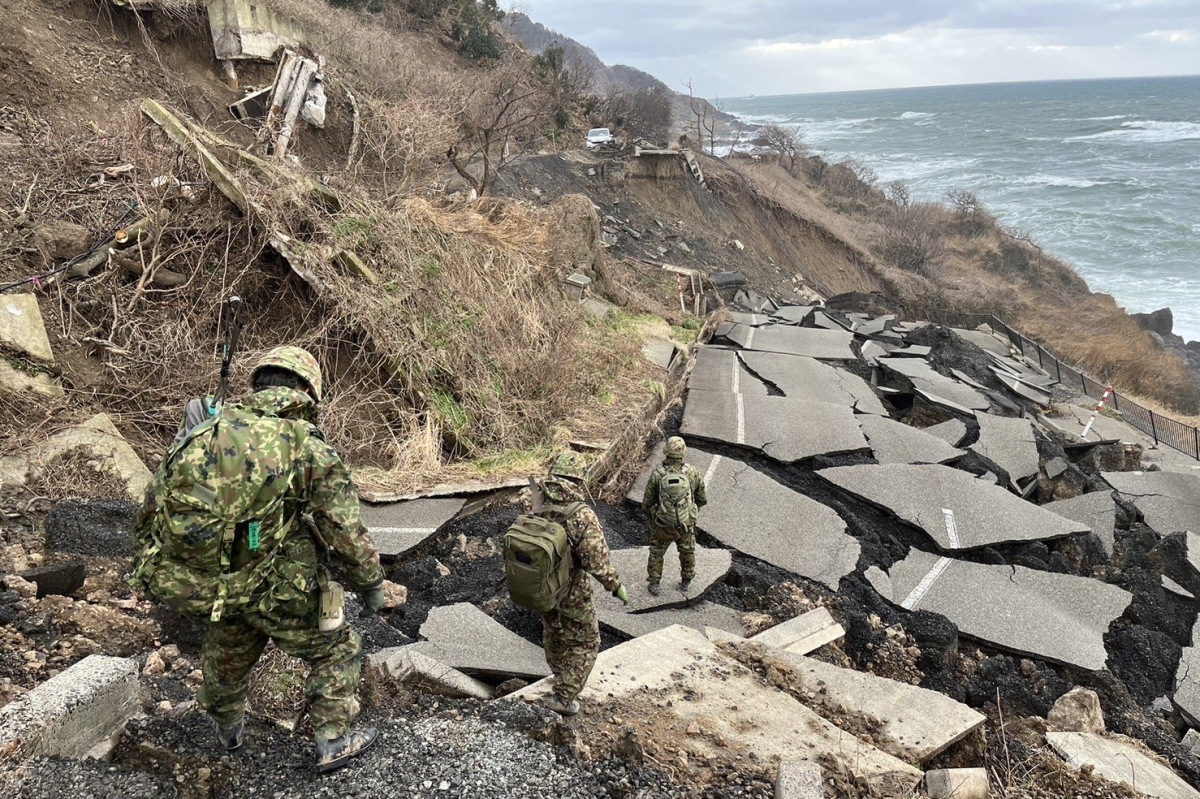


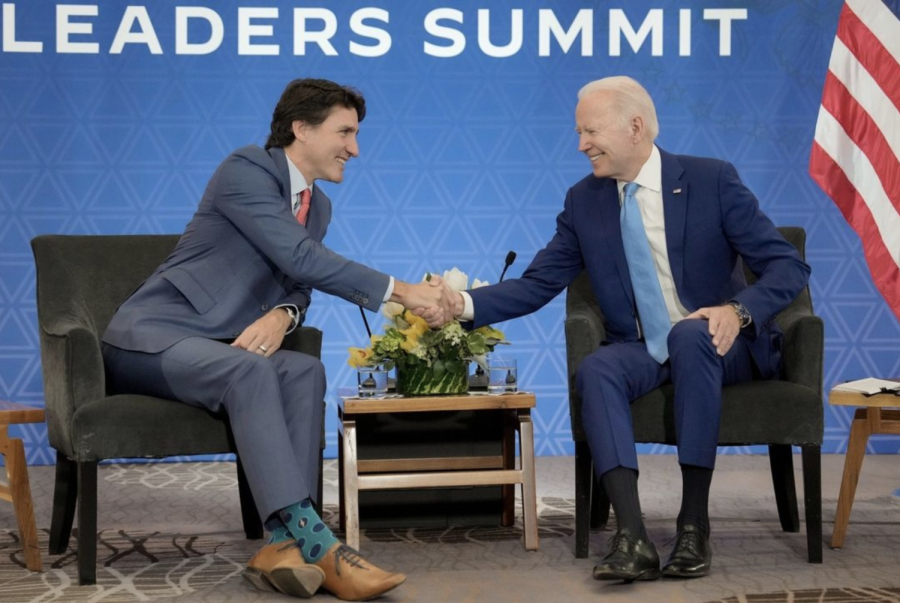
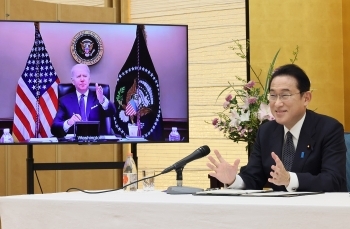
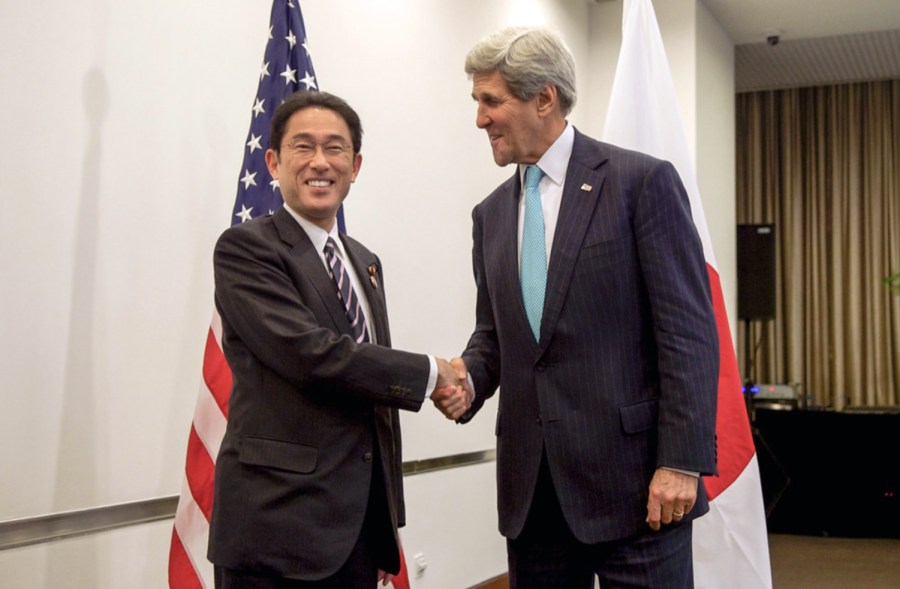




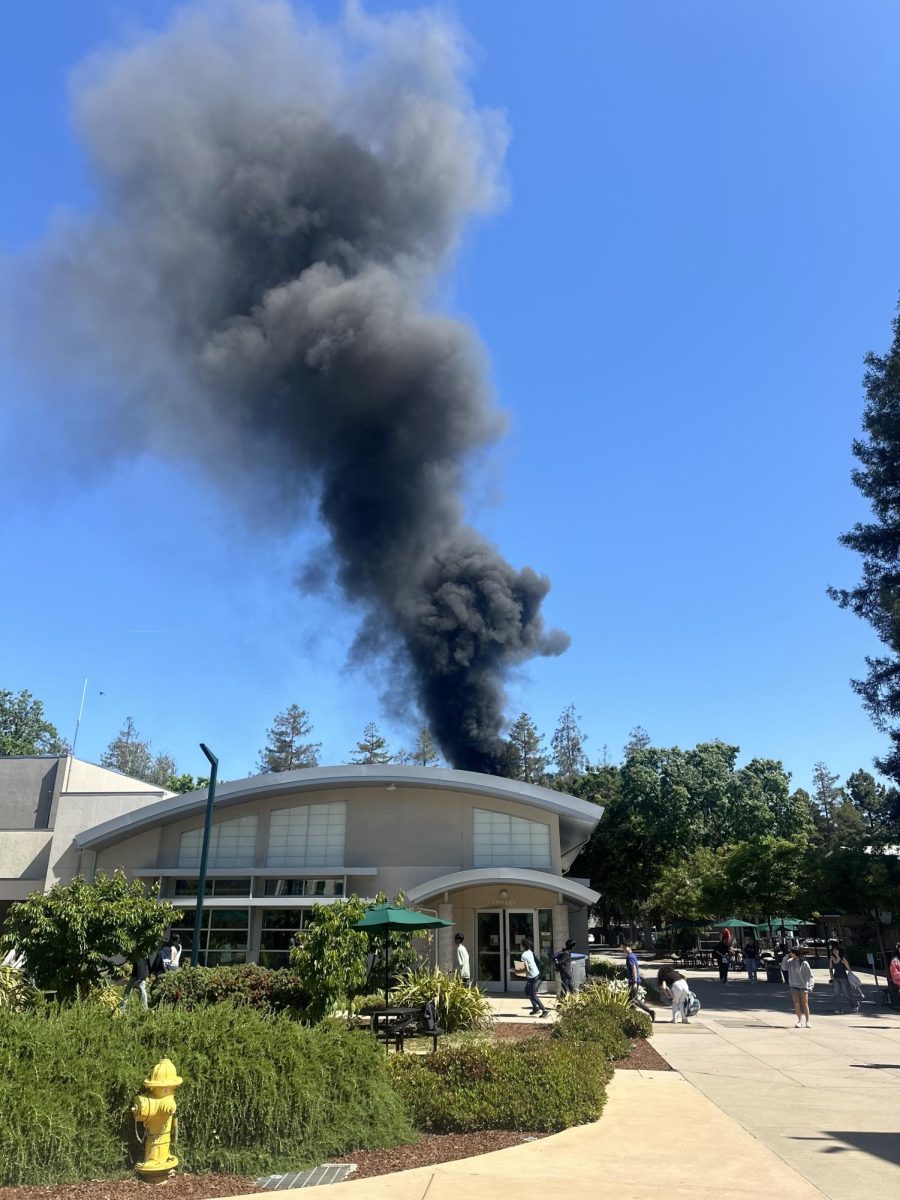
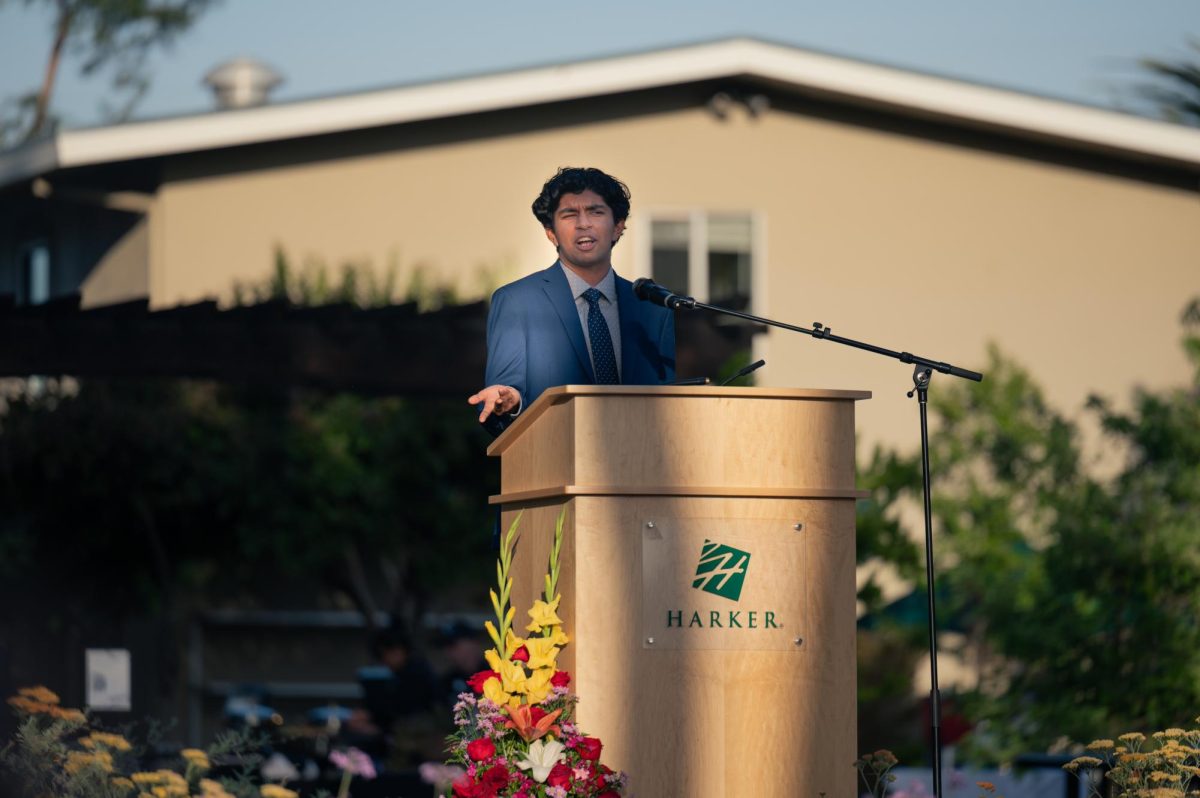
![Winged Post Editor-in-Chief Katerina Matta and Managing Editor Young Min were selected as first place winners from a pool of around 2,000 students. “This page [shows] how much we paid attention to detail and how much we pushed ourselves to ensure the best quality that we could,” Young said.](https://harkeraquila.com/wp-content/uploads/2025/05/IMG_4254-900x1200.jpeg)



